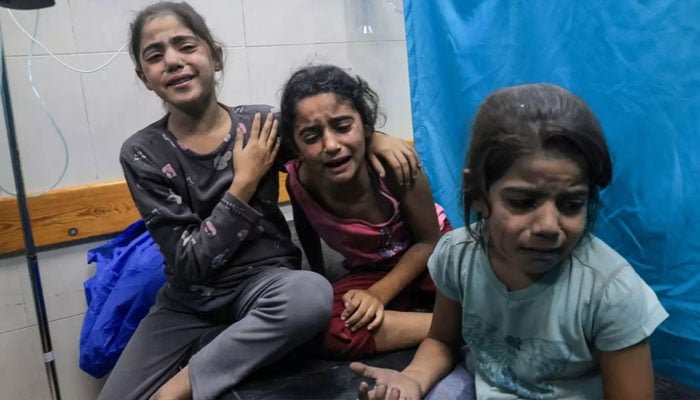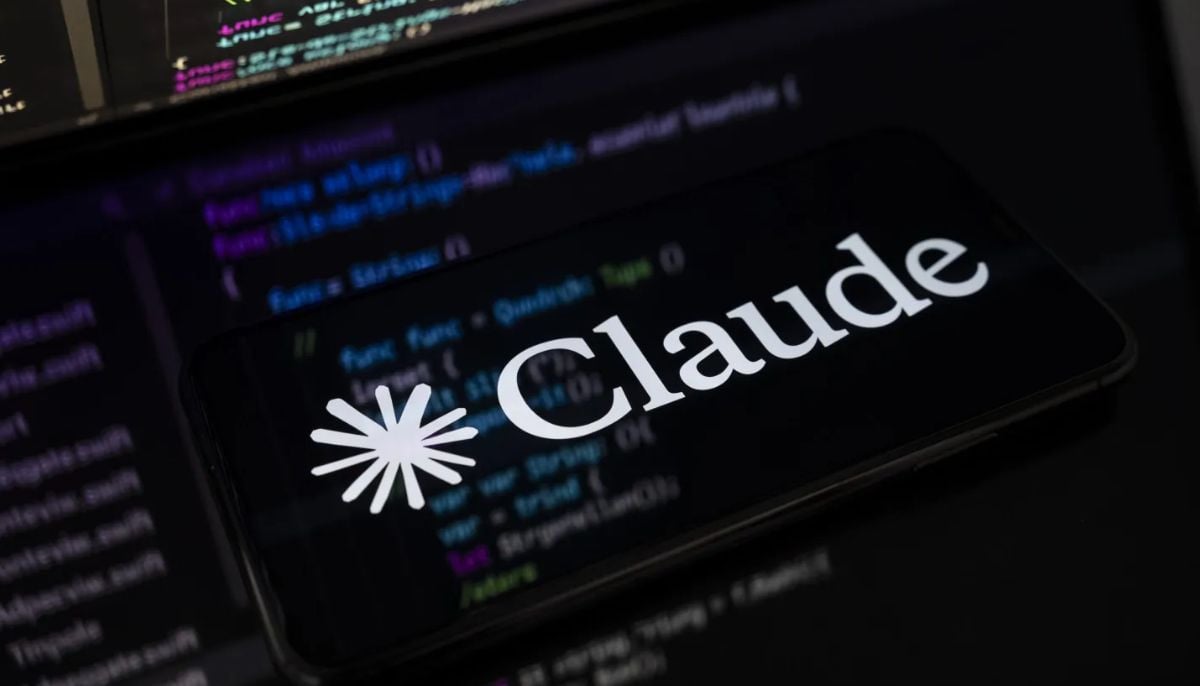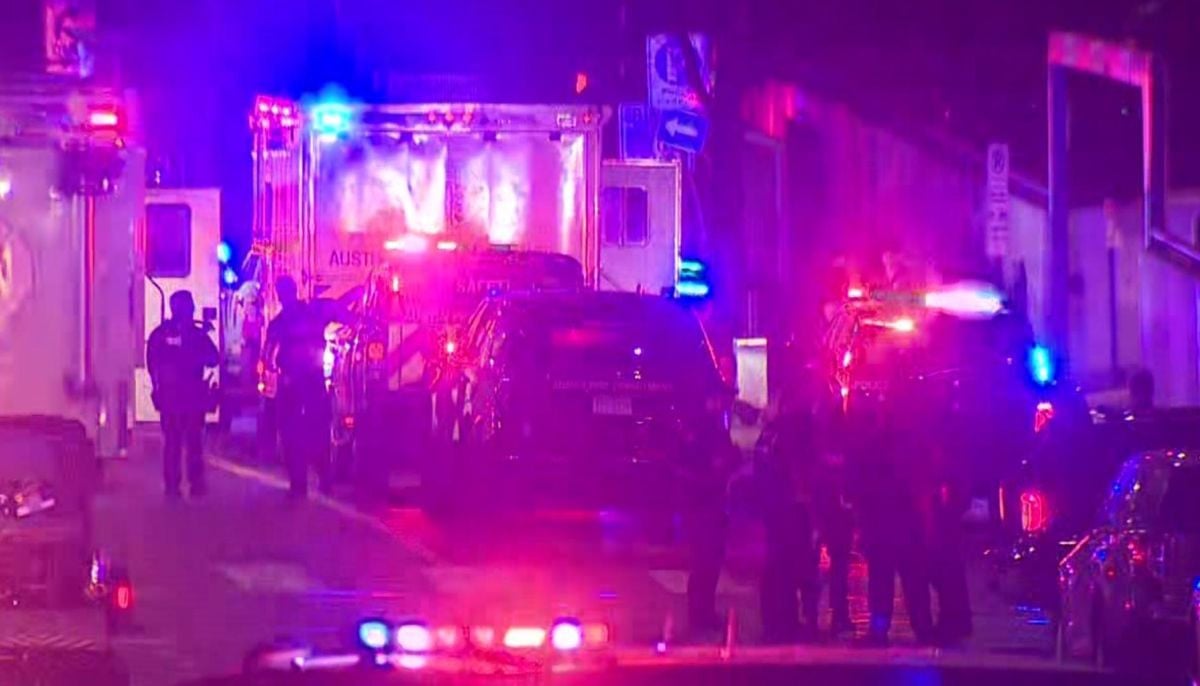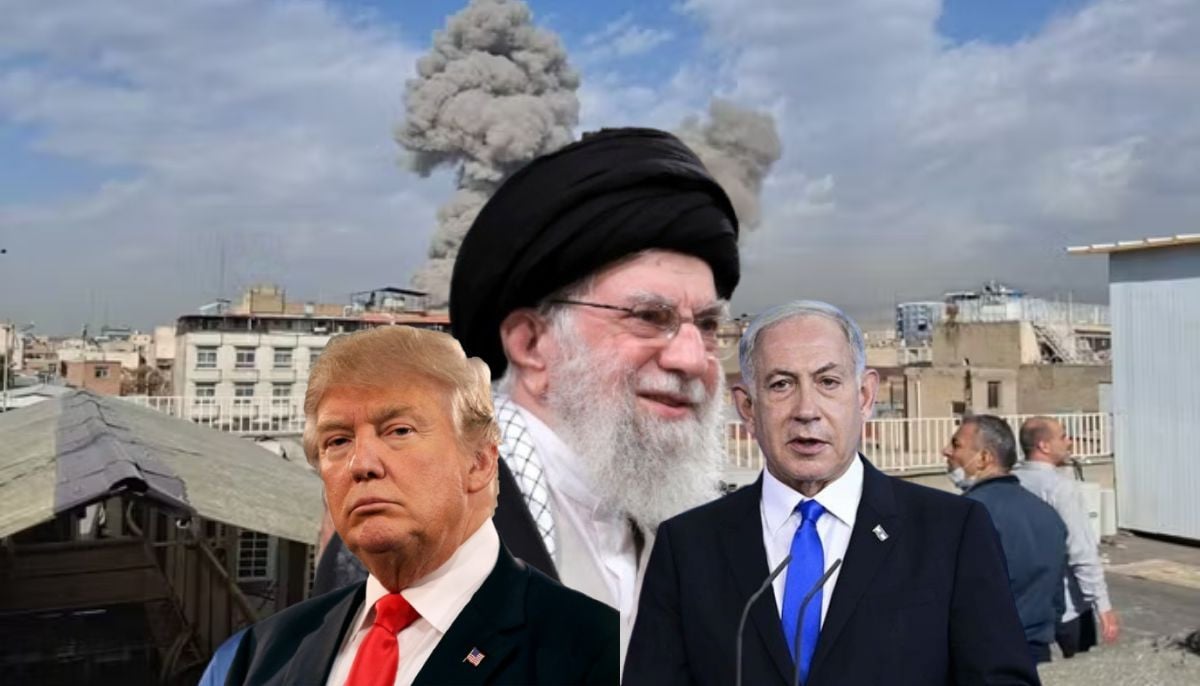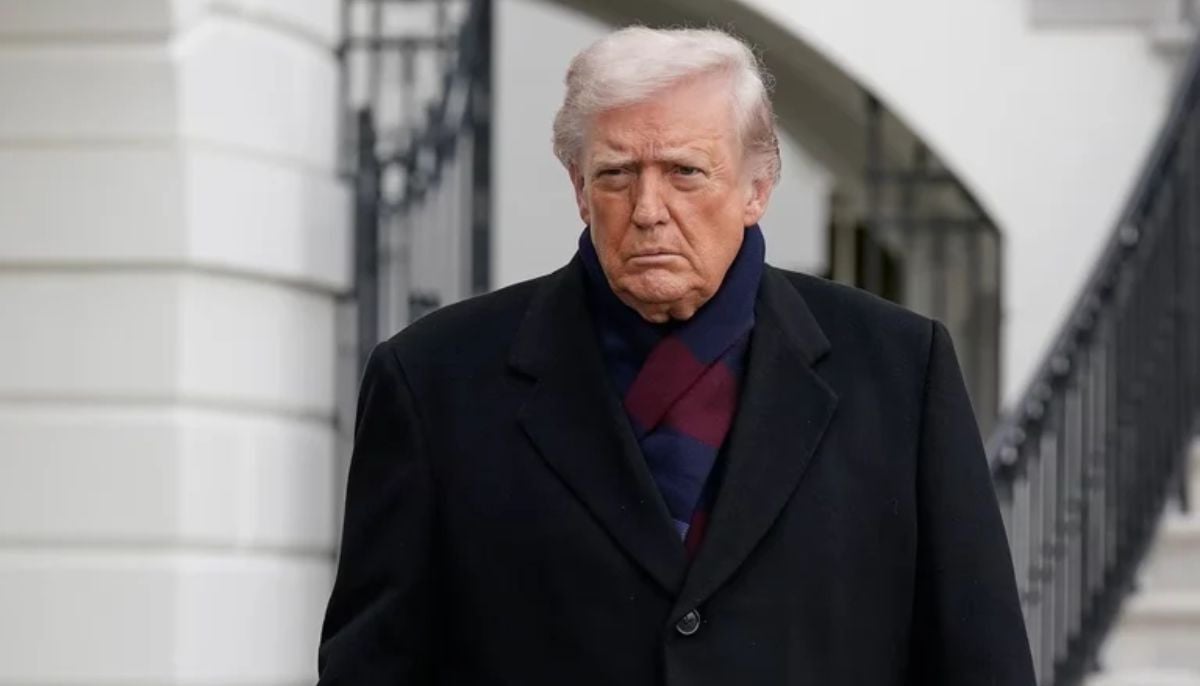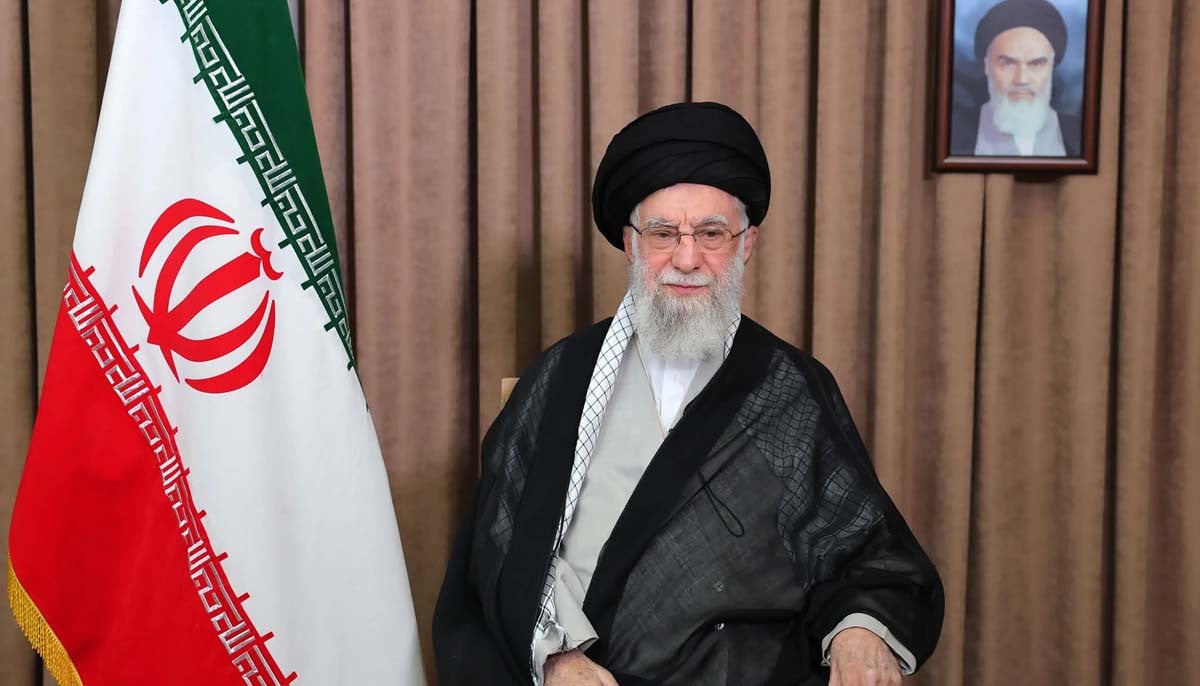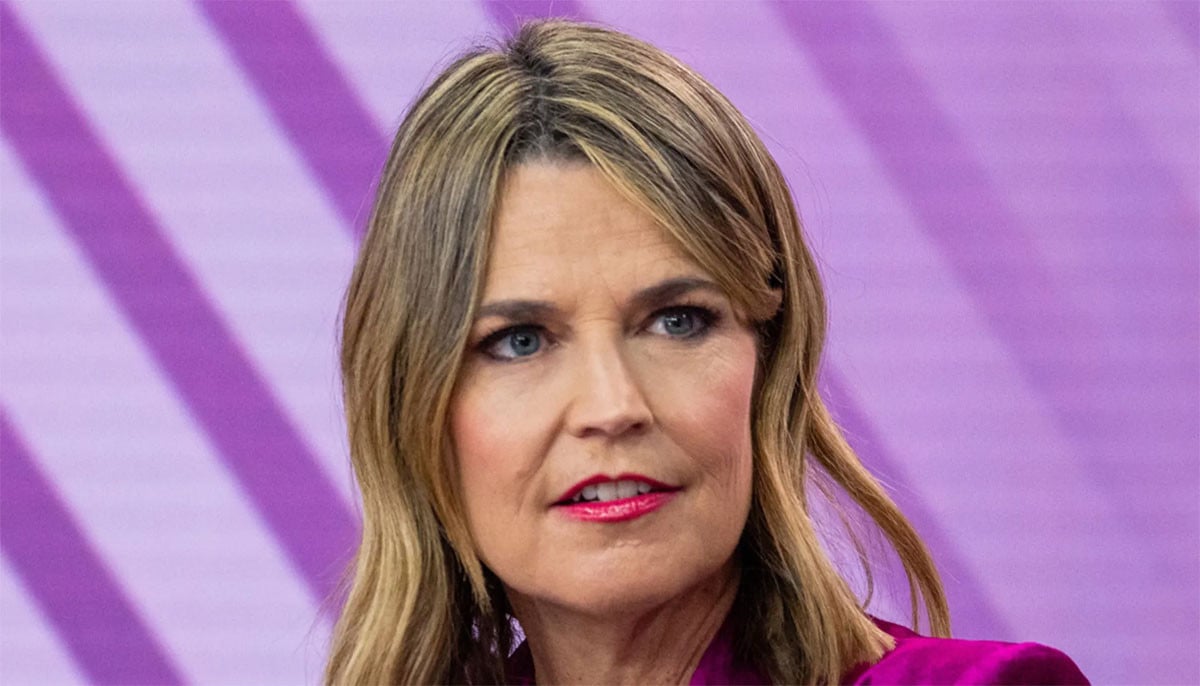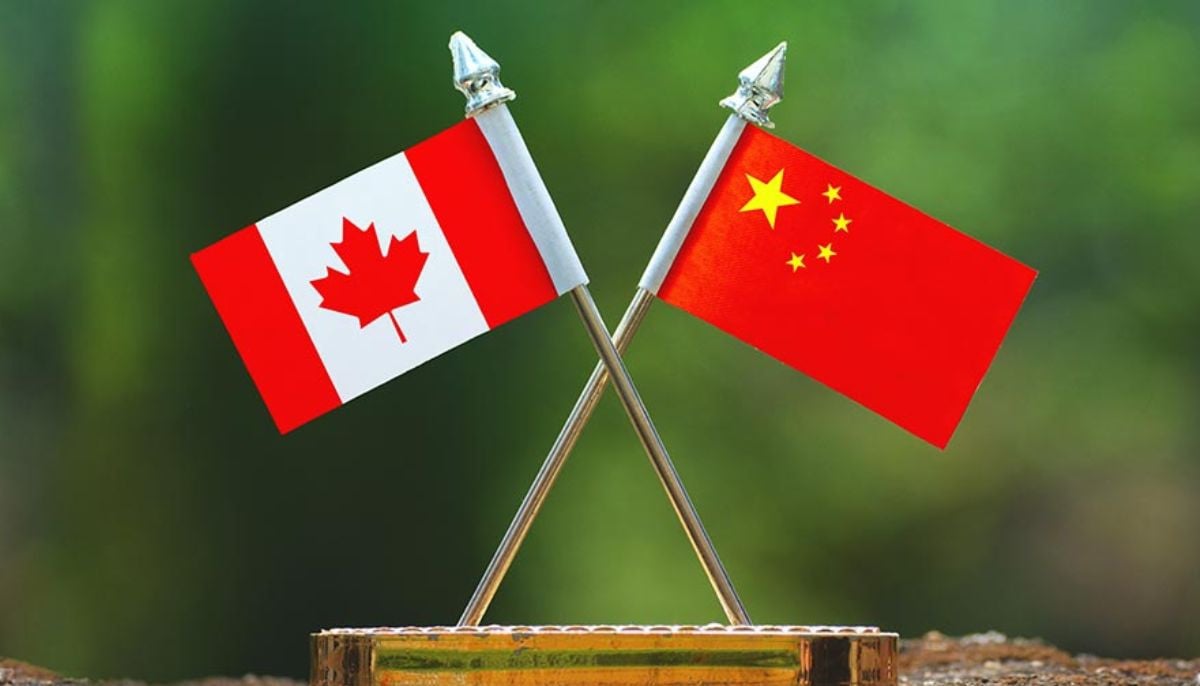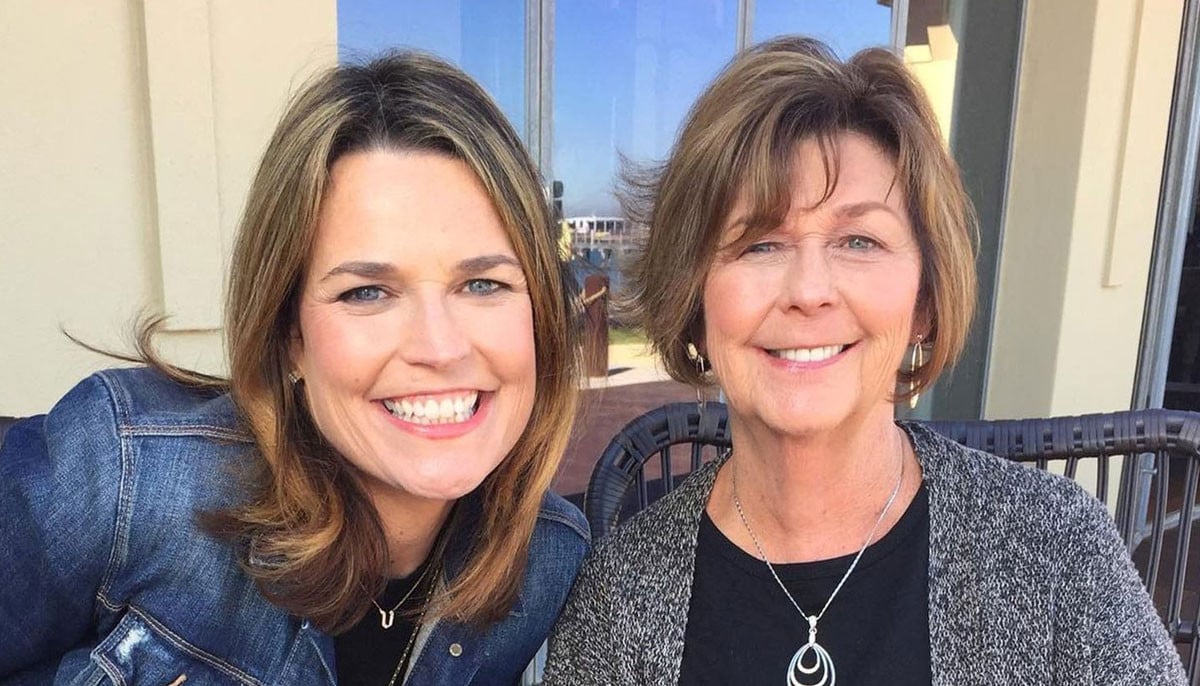100 Palestinian children losing their lives every day in Israel's bombing
One child is murdered by Israeli bombs in Gaza every 15 minutes, as per a Palestinian NGO
Since Israel began bombing the besieged Palestinian enclave on October 7 in response to the fatal Hamas attack, more than 100 children have died every day in Gaza.
The bloodiest Israeli offensive in decades has resulted in at least 4,137 Palestinian deaths.
“We are witnessing a genocide in real time,” a spokesperson for The Defense for Children International – Palestine (DCIP) said.
According to reports, at least 14 children were included among the 1,400 Israeli victims of the Hamas attack on October 7. Children are among the 200 persons taken hostage by Hamas. Data on the demographics of all individuals killed in that attack have not been made public by Israel.
Aren’t children legally protected in wars?
They are intended to be, yes. The 1949 Geneva Conventions established universally recognised guidelines for armed warfare, including the requirement that children be safeguarded and treated humanely.
Only a few years after 1.5 million Jewish children were murdered in Europe during the Holocaust, Israel joined the agreements in 1951. Israel, however, refuses to acknowledge the Fourth Geneva Convention, which provides protection for civilians battling an occupation, since it does not view Palestine as an occupied territory.
Israel presents the excessive use of force in Gaza as a justifiable strategy for destroying Hamas. Israel asserts that the civilian deaths registered in the bombings, including those of children, do not constitute war crimes.
What effect is the war having on children?
Esra Abu Ghazzah is one parent who tries to find ways to distract her kids from the bombings and devastation going on around them. Mother, 30, told Al Jazeera that her two young children, ages two and eight, have started throwing up following airstrikes and are also peeing the bed. Both are reactions to intensified terror.
The 95% of Palestinian children in Gaza who are dealing with the psychological aftereffects of war include the kids from Abu Ghazzah.
According to a study by Palestinian psychologist Dr Iman Farajallah, children who endure conflicts may not come out undamaged and may suffer severe psychological, emotional, and behavioural consequences.
Some children display restlessness, regression or violent behaviour.
For Samah Jabr, a 35-year-old mother of four in Gaza City, her eldest son, Qusay, who is 13, is her main worry. She told Al Jazeera, “He is very agitated and lashes out a lot these days. He jumps at any sound,” she said. “He can’t bear anyone speaking loudly, even if they’re joking. I try to tell him that this war will end.”
Others may not want to leave their mothers’ sight, explains Farajallah. “They won’t even leave the room to go to the bathroom or kitchen without their mothers, and I’m talking about teenagers here.”
How have schools been affected?
Education has once again been suspended due to the most recent campaign of unrelenting bombardment because classrooms are now being used as temporary shelters and the only lesson is survival.
Around 400,000 displaced Gazans are currently being housed by the UN in its schools and other facilities, but the UN agency for Palestinian refugees, the UNRWA, which operates 278 schools in Gaza, has reported that at least four schools have been damaged by Israeli bombing, which has resulted in at least six fatalities.
The Education Above All (EAA) Foundation, which provides scholarships for Palestinians in need at its al-Fakhoora school in Gaza, was destroyed on Tuesday. The EAA released a statement saying that “collective punishment, reprisals, and attacks on civilians and civilian infrastructure are serious violations of international humanitarian law, and if deliberate they are war crimes”.
How is the lack of food and water affecting children?
No food or water can enter Gaza due to Israel's complete embargo, but according to Israeli authorities, water deliveries to southern Gaza started on Tuesday. According to Palestinians, the water situation persists without energy to run the water pumps.
Gazans are prioritising their children's needs for the few water resources they have because food and water are quickly running out.
Children are especially susceptible to dehydration, and malnutrition can hasten the symptoms of being dehydrated even more.
A World Food Programme (WFP) nutritionist stationed in Jerusalem told Al Jazeera that children who are exposed to inadequate water sanitation run the risk of developing diarrheal infections, which are the most common cause of dehydration and the main cause of under-five mortality worldwide.
At best, a lack of food impairs mental capacity and energy levels; at worst, it can result in hunger and death.
What are the long-term consequences?
For those who are not killed in this conflict, Ghassan Abu-Sitta, a British-born Palestinian surgeon who works with Medical Aid for Palestinians in Gaza, said that they will need to learn how to live without the rest of their family. This war has been dubbed "a war against children" by him.
“The repercussions of this war will not only affect the victims we have lost, some of which are still trapped under the rubble of their homes … but the psychological impact on us civilians and our children will be catastrophic,” Mohammad Abu Rukbeh, senior Gaza field researcher at DCIP, said in a statement on Tuesday.
Is a ceasefire possible soon?
International humanitarian agencies including Save the Children have appealed for an immediate ceasefire while the bombardment continues and borders remain closed.
UNICEF’s statement read, “An immediate ceasefire and humanitarian access are the top priorities to allow much-needed aid to children and families in Gaza.
“A child is a child. Children everywhere must be protected at all times and must never come under attack.”
-
US strikes on Iran ignite emergency push for powers legislation: Report
-
What happened to Ayatollah Ali Khamenei's family during US -Israel attack on Iran
-
Talk show host drops hint about Taylor Swift, Travis Kelce wedding date
-
Zach Braff, Sarah Chalke explain J.D. and Elliot twist in 'Scrubs' revival
-
Rumours about 'ambitious' Savannah Guthrie dismissed
-
China cuts anti-dumping duties on Canadian oil imports after final trade decision
-
Savannah Guthrie speculations 'sadly' coming true about mother Nancy
-
Trump administration warns of slow payouts for tariff refunds amid intensifying trade disputes
